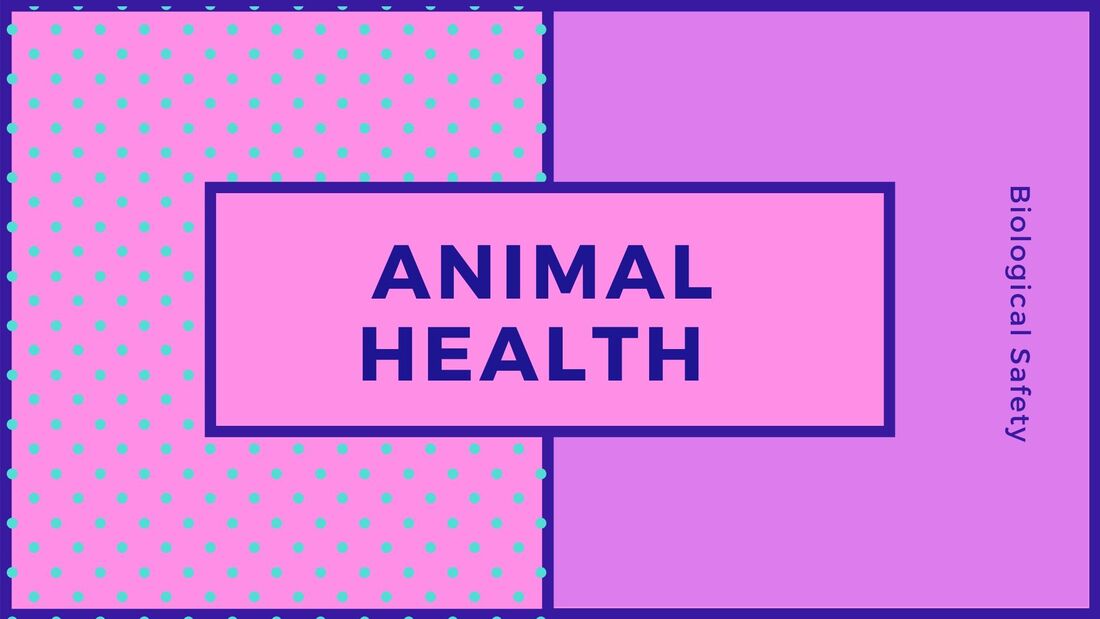Biological Safety
Biological hazards include bacteria, viruses, parasites, prions, biotoxins. Some of these hazards have posed serious risks to public health, such as Salmonella, Listeria monocytogenes, biotoxins in live molluscs or BSE. Exposure of consumers to those through food should thus be prevented.
A comprehensive legal framework has been established by the European Commission to increase the level of food safety in Europe, building over time European consumers' confidence while preventing food crises. It is based on scientific advice delivered by the European Food Safety Authority (EFSA).
It includes:
It includes:
- A co-ordinated and holistic approach towards food hygiene, covering all levels of the food chain, applying a transparent hygiene policy to all food operators and ensuring an efficient, risk-based and independent control
- Increasing knowledge of sources and trends of pathogens by monitoring zoonotic agents throughout the food and animal feed chain
- Establishing control programmes for Salmonella and other food-borne zoonotic diseases to reduce the public health risk and to provide the basis for adopting measures to manage these risks
- An assessment of the safety and quality of all types of foodstuffs by setting out microbiological criteria, applicable at the site of food production as well as products on the market
- The effective control of Transmissible Spongiform Encephalopathies (TSE, BSE, scrapie, etc.), with harmonised measures in Member States to avoid contagion of other animals or exposure of the consumers. Harmonisation of TSE measures in Member States and the TSE import rules applicable to third countries
Measures on the biological safety of food are complementary to other rules such as those on (select & click):
|
|





